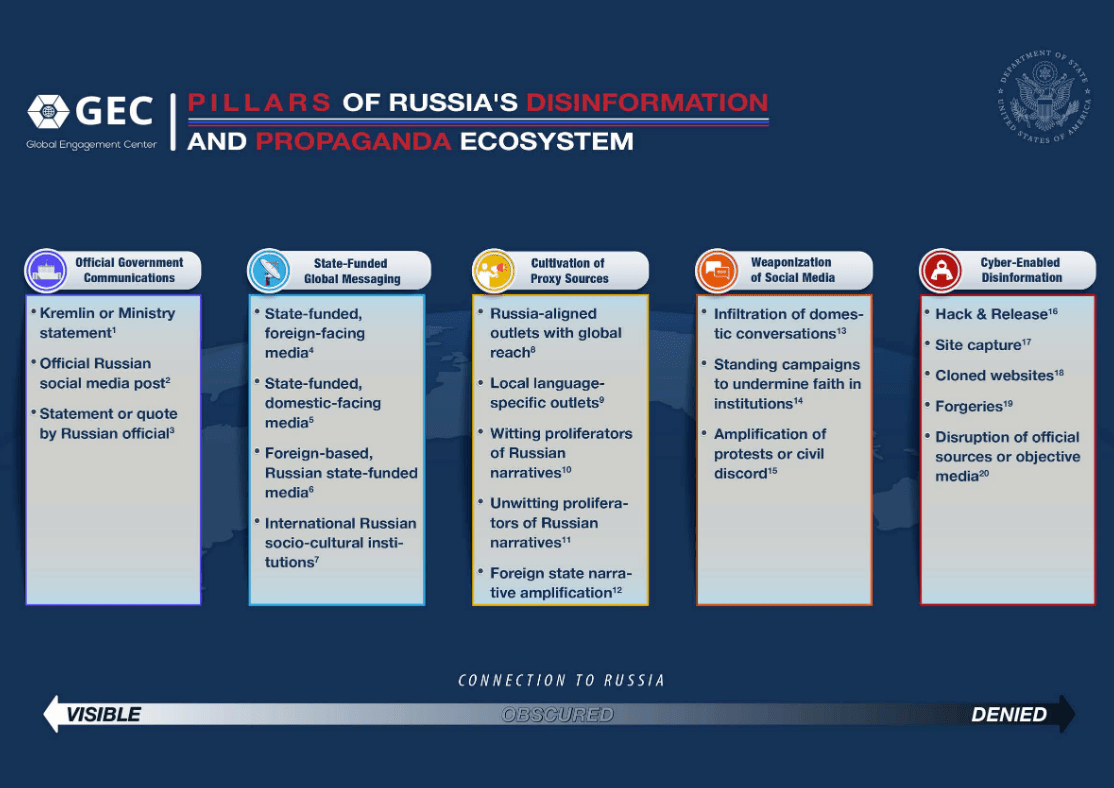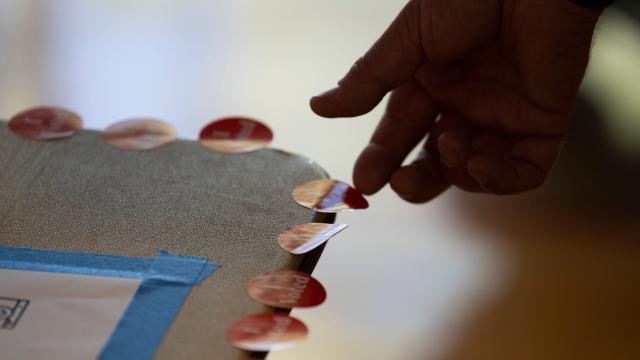Ahead of the 2020 election, all eyes are on Silicon Valley as some of the biggest tech companies attempt to prevent the sorts of foreign U.S. election interference that plagued their platforms the last go around. And it looks like these typically fierce rivals have chosen to set aside their differences — at least for a little while — to band together against those foreign forces.
On Wednesday, Facebook, Twitter, Google, and a half-dozen other major tech organisations, posted a “joint industry statement” on how they’re collaborating with federal agencies to “protect the integrity” of the coming U.S. election. And I don’t know about you, but after reading through this statement, I’m left with more questions than answers.
Joint industry statement on ongoing election security collaboration between tech companies and USG agencies tasked with protecting the integrity of the election pic.twitter.com/c1fHERHWtw
— Facebook Newsroom (@fbnewsroom) August 12, 2020
First, there’s the question of the names behind the statement itself. Most of them make sense: In the 2016 election, Russian operatives bought political ads on Facebook that ended up reaching more than 100 million Americans. Twitter’s been overrun by similar attempts to sow discord among the American public, as has Reddit and Google-owned YouTube. Last year, Microsoft reported Iranian hackers with apparent government ties made thousands of attempts to breach their systems and identify the email accounts of government officials and political journalists. Pinterest, the platform better known for recipes and home decor ideas, also became a hotbed of political misinformation in the run-up to 2016, according to the company. And while political misinformation has been known to crop up on Wikipedia from time to time, the company’s reams of volunteers are known to be adept at snuffing it out.
But the other two names — LinkedIn and Verizon Media — aren’t really what most people would think of when they think of election interference. Though LinkedIn has its fair share of right-wingers, and there was that one time the company’s co-founder accidentally funded his own social media propaganda campaign to get Democratic candidate Doug Jones into office, the company’s actually done a pretty good job of keeping any misinformation-y drek off its site for a while now.
As for Verizon… what?
(Gizmodo asked Verizon exactly what kind of political interference it’s experienced on any of its properties — and how it’s working to fend them off — but thus far, the company hasn’t responded.)
And that’s just the start. In the statement, the companies mention that they “regularly meet with U.S. government agencies tasked with protecting the integrity of the election.” OK, which agencies? Then, of course, there’s the question of how long each of these companies has been meeting with these federal authorities since the statement says Wednesday marked “the latest” in a series of ongoing meetings. On these points, we have a least the most basic of answers.
A Twitter spokesperson told Gizmodo that these meetings have been happening regularly since 2018 — and while the company wouldn’t cough up the specifics of the meeting that happened yesterday, the company told us that the federal names in the room included the Cybersecurity and Infrastructure Security Agency (CISA), the FBI’s Foreign Influence Task Force, DOJ’s National Security Division, and the Office of the Director of National Intelligence (ODNI).
We also asked Twitter — and the other companies on the list — about what they’re actually seeing on their platforms thus far, and what they’re expecting to see moving forward. Earlier this month, a group of senators was briefed by some of these intelligence agencies on the topic of foreign interference specifically, with the promise that some of these specs would be released to the public sometime soon. But as Politico reported at the time, partisan in-fighting about how much to disclose has caused those announcements to be a bit delayed with no definite ETA in sight.
The U.S. State Department did recently release a report detailing Russian election interference that is frightening — but that’s just what’s been approved for public consumption. The information that remains a government secret is apparently bad enough that Sen. Richard Blumenthal, who was among those briefed on the classified material, thought it was bad enough to write an op-ed for the Washington Post warning, “The facts are chilling. I believe the American public needs and deserves to know them. The information should be declassified immediately.”

Finally, there’s the question of what preparations, exactly, these companies are taking to protect each of their respective platforms. Does it involve Facebook’s famously faulty hate-speech sniffing algorithms? Does it involve Pinterest hiring more content moderators to work in “nightmare” conditions? Will Microsoft once again resurrect Clippy to fend off any alleged Russian actors?
OK, that last one might’ve been asked in jest, but those other questions are ones that deserve answers. We’re looking at one of the most complicated U.S. presidential elections in decades, and one where the sitting president is already laying the groundwork to dispute the results and claim a false victory over the opposing side if he loses. If the American public is expected to make an informed decision — or hell, any decision — about where to put their votes come November, then we need more information and transparency right now, not less and not later. We need some sort of window behind the scenes to know who’s doing what (and how), so we can have any hope of navigating the information hellscape.
Or we can just keep relying on Facebook and its ilk to be the gatekeepers here, and rely on them to solve their problems themselves. After all, what’s the worst that could happen?
